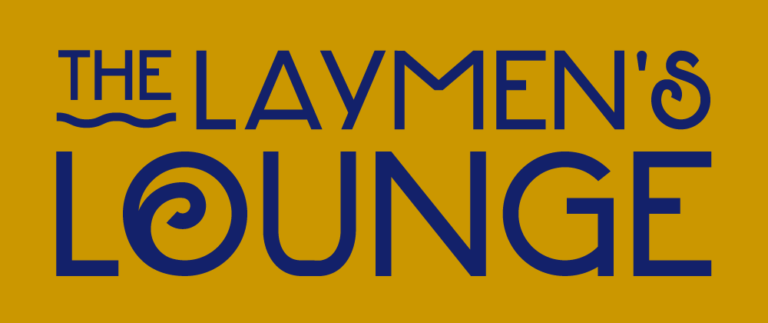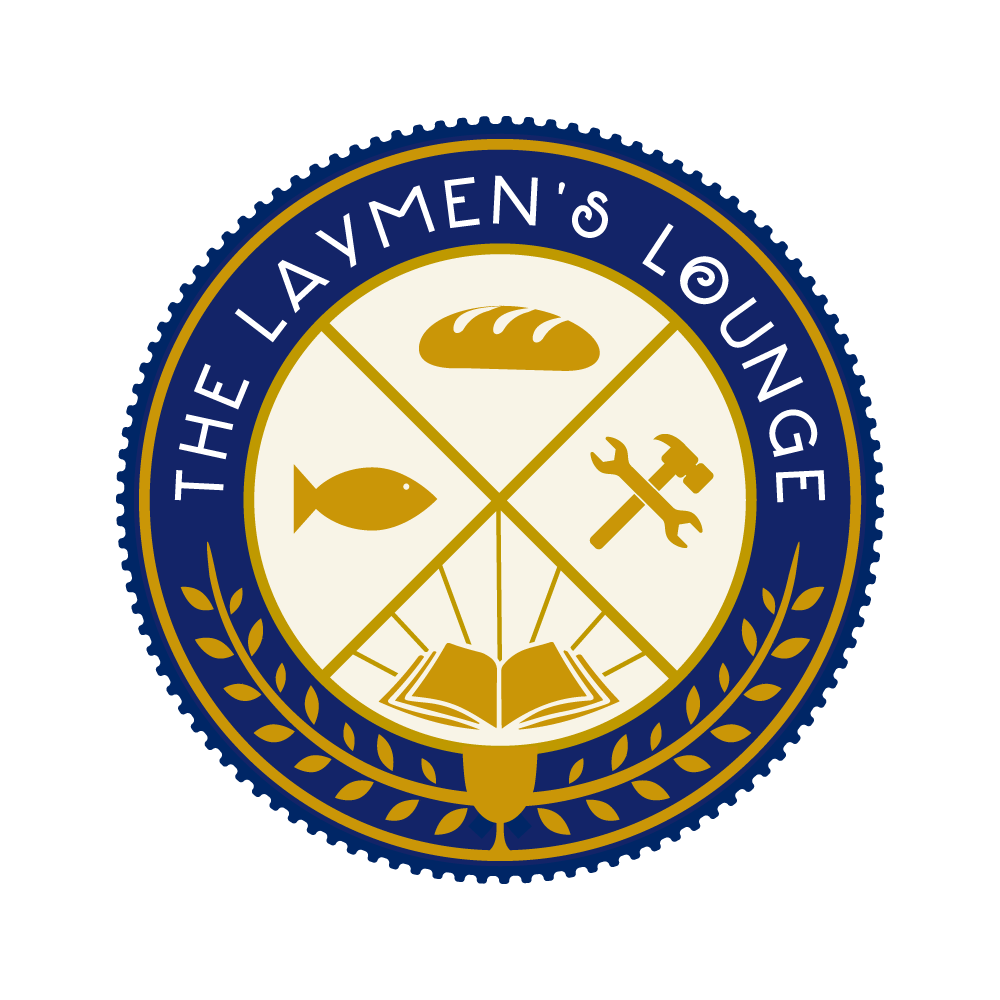NOTE FROM THE EDITOR: This is the second article in a series that will run the next few months called “The State of Neo-Calvinism.” Come back each week to read about the state and influence of Neo-Calvinisim in nations ranging from Mexico and the Philippines to Wales and Egypt and beyond. To listen to the kick-off podcast interview with George Harinck click here. For Jordan Ballor on the USA click here.
The Dutch Neocalvinism is a religious and cultural movement inaugurated by the Calvinist Abraham Kuyper in the 19th century. With a very fertile academic and political trajectory, Kuyper expanded Calvin’s theology, seeking to point to Calvinism as a comprehensive system of life, with a historical, philosophical, and political significance. Neocalvinism was born amid the transformations of the modern world, which affected the cultural status of religion, placing it alongside other spheres of value. These transformations, having begun in the preceding centuries with the shock of Enlightenment rationalism, combined with the profound crisis of Protestant orthodoxy, led Kuyper to propose a return to theological objectivity to safeguard the Christian heritage, which he considered threatened by modern worldviews. Thus, the theologian goes back to Calvinist thought, pointing out his contributions to religion, politics, science, and art. Dutch Neocalvinism comes to Brazil from the first publications of the American theologian Francis Schaeffer and the paraecclesiastical institution L’Abri, responsible for spreading Schaefferian thinking and making known neocalvinist authors, whose works aim to instrumentalize believers for their involvement in public spaces. “L’Abri Brasil” is thus characterized as an important interlocutor in this process.
The L’Abri community was founded by Francis Schaeffer and his wife in 1955, in Huémoz-sur-Ollon, Switzerland, with the purpose of receiving people in search of answers to their existential questions, based on a Christian understanding of the world. Over time, the L’Abri model was taken to other parts of the world, such as the USA, Canada, Korea, the Netherlands, and England. In Brazil, its foundation took place in 2008, in Belo Horizonte, MG, under the leadership of the couple Guilherme and Alessandra de Carvalho. Guilherme de Carvalho is a theologian and pastor of Igreja Esperança (Hope Church). With the same structure and objective as Francis and Edith Schaeffer’s L’Abri, the L’Abri Brasil institution works as a study center that combines community life, hospitality, and Christian reflection with a reformed perspective. L’Abri Brasil was responsible for giving more substance to Schaeffer’s ideas, which had been present here since, approximately, the 1990s, through the first publications of his works by the ABU – Aliança Bíblica Universitária. In addition to Schaeffer, the institution made known the figures of Abraham Kuyper and Herman Dooyeweerd, two of the main exponents of Dutch Neo-Calvinism.[1] Guilherme de Carvalho is also the founder of AKET (Associação Kuyper para Estudos Transdisciplinares), an association dedicated to promoting neocalvinist thinking. Since then, more and more people have become interested in Dutch Neo-Calvinism.
Kuyper’s 1898 Stone Lectures were translated into Portuguese in 2002 with the title “Calvinismo” (Calvinism). The Work of the Holy Spirit was translated in 2010 and The Problem of Poverty in 2020. Herman Bavinck’s 4 volumes Reformed Dogmatics were translated in 2012. More recently we have had the translation of The Philosophy of Revelation, Magnalia Dei, The Certainty of Faith, and The Catholicity of Christianity and the Church.
Some academic researches have being done at Universidade Presbiteriana Mackenzie, Faculdades EST, Universidade Metodista de São Paulo, and Universidade Federal de Minas Gerais. At Mackenzie Presbyterian University, we can mention the master’s thesis defended by Leandro Antônio de Lima, in 2009, whose title is “An analysis of the so-called new Calvinism, its relationship with Calvinism and its potential for dialogue with contemporaneity”.[2] The research is linked to the Religious Studies program and was carried out in a theological approach, with the purpose of drawing comparative lines between Calvinism and the so-called New Calvinism. Leandro Lima deals with the distinction between New Calvinism and Neocalvinism. The author also offers subsidies for theological complementation for a more relevant influence of the movement in the modern world.
At Faculdades EST, we have the master’s thesis defended in 2012 by Rodomar Ricardo Ramlow, entitled “The Dutch Neo-Calvinism and the movement of Christian Worldview”.[3] The research was developed in the Theology program, with the goal of presenting the authors of Dutch Neo-Calvinism and their main ideas, as well as dealing with the emergence of the concept of Christian worldview, its proposals and implications in the sociocultural sphere.
In 2016 I wrote my ThM thesis on Revelation and the Written Word in Herman Bavinck’s Theology at Calvin Theological Seminary. Since 2017 I have been teaching Systematic Theology at the Presbyterian Seminary of the South (Seminário Presbiteriano do Sul) in Brazil and encouraged the students to read and study Bavinck, especially his Reformed Dogmatics and the Magnalia Dei (As Maravilhas de Deus). I have used the Magnalia Dei and some chapters of the Reformed Dogmatics as required readings for the Prolegomena, Anthropology, Ecclesiology, and Eschatology courses. I have also published some academic articles.[4]
The Methodist University of São Paulo contributed to the discussions based on the master’s thesis written in its Graduate Program in Religious Studies, whose title is “The Ethical-Political Project of Kuyperianism: Historical, Theological notes and its Reception in Contemporary Brazil”, defended by Vinnícius Pereira de Almeida, in 2019.[5] The author sought to present the Kuyperian perspective and its potential for mediating faith and action in the contemporary world.
At the Federal University of Minas Gerais, there is an ongoing research in the Graduate Program in Sociology, developed by Gustavo de Castro Patrício de Alencar, in which he addresses evangelicals and the new right in Brazil, analyzing the conservative discourses of Neo-Calvinism from the L’Abri community. There is also another great PhD project on Abraham Kuyper at Calvin Theological Seminary being developed by the Brazilian Presbyterian pastor and my friend, Jean Francesco.
Many other authors identified with Dutch neo-Calvinism have been appearing in recent publications in Brazil such as Leonardo Ramos, Jonas Madureira, Lucas Freire, Guilherme Braun, Pedro Dulci, and several others interested in the issues of Neocalvinism and Brazilian theology. The strong emphasis on the Christian worldview has provided subsidies for dialogue and reflection on important themes not only in theology, but in other branches of knowledge in our country. Due to the understanding that the Christian faith is something that concerns not only the soul, but that involves the human being in its entirety (body and soul), Neocalvinism has contributed to the science and faith debate, to the relationship between culture and religion, and to the reflection on ecological, economic, political issues, and to the current debate on public theology.
Especially important was the article published by the presbyterian pastor Dr. Filipe Fontes in 2014 in the Fides Reformata Journal. He is a professor of Philosophical Theology at Andrew Jumper Graduate Center. The title of his article is: “Missão Integral ou Neocalvinismo: Em Busca de uma Visão Mais Ampla da Missão da Igreja” (Holistic Mission or Neocalvinism: In search of a broader vision of the mission of the church).[6] This article participates in the debate on the mission of the church in Brazil. While the author agrees with the need for a broader understanding of our concept of missions, he questions the effectiveness of “Missão Integral” (Holistic Mission) in the promotion of this broadening and suggests that this is better achieved by Dutch Neo-Calvinism. This is a great contribution to the studies about the mission of the church in Brazil. In our country, the Holistic Mission (Missão Integral) has been the subject of controversy for some time in conservative circles of Brazilian evangelicalism. On one side are those who reject and criticize it, claiming that it would be a Protestant version of Liberation Theology. That is, for them, Holistic Mission would be an attempt to understand the mission of the church through a Marxist philosophical-sociological bias, which is why, in practice, it would shift the focus from the mission of the church to political-social engagement. On the other hand, there are those who defend and adhere to it, mainly on the grounds that the church would have gone through a kind of flattening in its conception of mission, reducing the scope of the church’s mission to the spiritual aspect of human life, and the Holistic Mission would allow for a necessary expansion. That is, it would enable a vision of the church’s mission as a movement towards the integrality of human life.
Many churches in Brazil have nurtured a dualist perspective on reality, especially the human person. And, as a result, they live their mission in a reductionist way, neglecting opportunities to apply the gospel to other spheres of human existence, which are not related to faith. Indeed, it seems that many pastors and churches lack an understanding of the breadth of impact of the church’s mission. They are so fascinated with the political-social engagement that they end up attributing a central character to this task, not to say exclusivity. Filipe Fontes, in his article, suggests that the Calvinist tradition, more specifically as expressed in Dutch Neocalvinism, offers better conditions for understanding the mission of the church for the following reasons:
First, Dutch Neocalvinism has a historical-theological structure that allows reflection on the mission of the church within a broad scope of discussion that considers the great themes of theology. Neocalvinism helps us to think about the mission of the church in relation to contemporary culture without the need to promote a paradigmatic messianic revolution, since it leads us to think beyond a localized theology restricted to certain sociocultural contexts, as is the case of Holistic Mission.
Second, it is important to highlight that Calvinism, the theological tradition on which Neocalvinism is based, is an effort to build a theological structure based on the radical application of Holy Scripture. It was this radical commitment to Scripture as the inspired Word of God that allowed Calvinism and, consequently, Dutch Neocalvinism, the appropriation of the idea of integrality (catholicity) in the full semantic sense of the term. The understanding of the concept of “catholicity” is the third reason for our suggestion. Catholicity is fundamental to Reformed theology.
In this sense, Dutch Neocalvinist perspective allows the overcoming of the evangelization/social action dualism and reductionism in the mission of the church still so present among Reformed and evangelical churches in Brazil. And it does that by eliminating the polarization between the two things (evangelism and social action), pointing to one as an effect of the other.
So far, this is a brief overview of the state of Neocalvinism in Brazil.
Thiago Machado Silva
Limeira, SP – Brazil
[1] Schaeffer’s thought and practices were influenced by Dutch Neo-Calvinism. Schaeffer had his first contact with Kuyperian thought through his professor Cornelius Van Til (1895–1987). Schaeffer’s thought is marked by the neo-Calvinist principle of extending Christian truth to all social spheres. Schaeffer present the theory of spheres of sovereignty formulated by Kuyper in the Stone Lectures and later developed by Dooyeweerd in his philosophical work. The appropriation of neo-Calvinist theology in the content of his discourses is remarkable.
[2] Leandro Antônio de Lima, “Uma análise do chamado novo calvinismo, de seu relacionamento com o calvinismo e de seu potencial para o diálogo com a contemporaneidade,” Dissertação de mestrado, Universidade Presbiteriana Mackenzie, 2009: http://tede.mackenzie.br/jspui/handle/tede/2537.
[3] Rodomar Ricardo Ramlow, “O Neocalvinismo Holandês e o Movimento de Cosmovisão Cristã,” Dissertação de Mestrado em Teologia, Faculdades EST, 2012: http://dspace.est.edu.br:8080/xmlui/handle/BR-SlFE/318.
[4] Thiago Machado Silva, “Herman Bavinck’s Anthropology and the Recent Body-Soul Debate,” Puritan Reformed Journal 9,2 (2017): 226-240; “Scripture as Revelation in Herman Bavinck’s Theology”, Puritan Reformed Journal 10,1 (2018): 154-171; “Organismo e Instituição: Um Breve Ensaio sobre as Implicações Missionais da Eclesiologia de Abraham Kuyper,” Revista Teológica (Campinas), v.71, nº 1 (2018): 117-136; “A União com Cristo é a Base para a Verdadeira Felicidade,” Revista Teológica (Campinas), 72, 1 (2019): 59-75; “The Missiological Implications of Herman Bavinck’s Doctrine of the Trinity,” The Confessional Presbyterian Journal 15 (2019): 97-107; “Union with Christ and Imitation of Christ in Bavinck’s Ethics,” Puritan Reformed Journal 13, 1 (2021): 93-110.
[5] Vinnícius Pereira de Almeida, “O Projeto Ético-Político do Kuyperianismo: apontamentos históricos, teológicos e seu processo de recepção no Brasil Contemporâneo,” Dissertação de Mestrado em Ciências da Religião, Universidade Metodista de São Paulo, 2019: http://tede.metodista.br/jspui/handle/tede/1879.
[6] Filipe Fontes, “Missão Integral ou Neocalvinismo: Em Busca de uma Visão Mais Ampla da Missão da Igreja”, Fides Reformata 19, 1 (2014): 61-72.
Thiago M. Silva is married to Lidia since 2011 and they recently became parents of 3 adopted siblings (3, 4, and 6 years old). Thiago is an ordained minister of the Presbyterian Church of Brazil and professor of Systematic Theology at the Seminário Presbiteriano do Sul. He completed his ThM in Systematic Theology at Calvin Theological Seminary (2014–2016) and is currently a PhD candidate at Puritan Reformed Theological Seminary.


